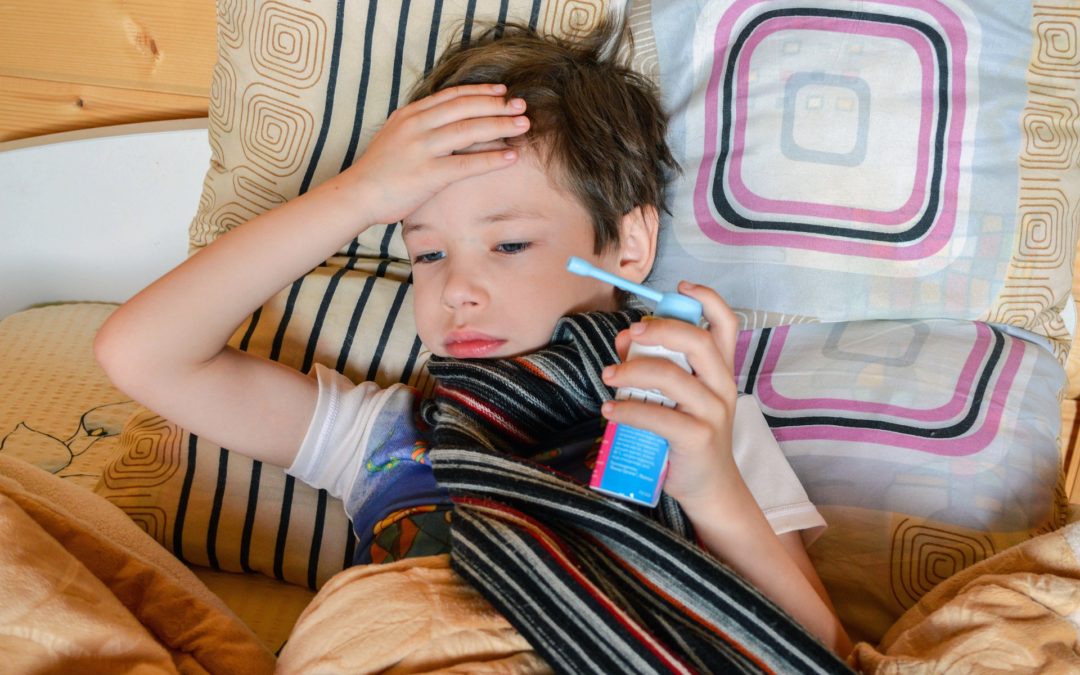Sleepover parties are great fun for kids but can be exhausting and stressful for parents. Here are some tips to make your sleepover party a success

1 Before you start: Make sure you’ve got contact numbers for all your guests’ parents and details of any food allergies, dietary restrictions and medications. Contact each of the parents beforehand to ensure they know what’s happening and give them your address and phone numbers too. You could send out a contact list in advance, and ask the parents to fill it in. Don’t forget to ask them to supply bedding if you need it.
2 Set a time limit: Arrange what time the kids are going to arrive, whether you’re going to feed them and state when you’d like them picked up the next day. Remember, sleepovers don’t have to be on Saturdays. It might be easier to have a post-school party on Friday night, leaving them the whole weekend to catch up on missed sleep.
3 Make plans for the others: If one child’s having a sleepover, you may want to bite the bullet and let other siblings to have a friend over too. Alternatively, arrange for them to stay overnight at a friend’s or their grandparents so they’re not caught up in all the mayhem!
4 Beat the sugar rush: The kids will no doubt be indulging in sweets and fizzy drinks later in the evening, so don’t overload them with cakes and pop at teatime. Stick to squash or fruit juice and include some salad or fresh fruit with the meal. The last thing you want to deal with is someone being sick.
5 Set the rules: When all the kids have arrived, give them the house rules e.g. no leaving the house, food fights, ganging up on each other, fighting or cooking without supervision, otherwise their parents will be called. If anyone does misbehave – and it’s likely to be your own child showing off – take them to one side away from the others and calmly but firmly tell them to stop.

6 Have a strategy: Organise some activities, and hold the exciting ones early in the evening to wear them out. Decide where – and when – they can do different things, as you don’t want children running all over the house or fighting over who’s using the lounge straight after tea. For bigger sleepover parties, ask older siblings or friends to help you out by holding a football tournament in the garden or painting nails and curling hair. Then you can divide your guests into smaller groups and rotate activities.
7 Wind it down: Get them ready for bed in plenty of time before lights out. Make sure everyone’s changed into their PJs and has a place to sleep and sufficient bedding. Give them a warm drink and settle them down with a suitable DVD.
8 Lights out: Let them know in advance what time the lights are going off, and stick to it. Allow them to talk and giggle for a while, but do call time on noisy chatter and raucous laughter at some point. After this there are no hard and fast rules. Half the fun of sleepovers is staying up late, so you might decide to leave it at that, let them whisper away and eventually drift off in the early hours – and hopefully sleep in a bit in the morning. Alternatively, tell them enough’s enough and wait by the door for 10 minutes or so until they’re quiet. Your kids might think you’re a killjoy, but at least you won’t have exhausted, ratty children the next day.
9 Help them out: Let the children know where you are and that you’re available to talk if they get homesick or have a problem. Single dads might want to arrange for a female friend or relation to stay over so they’re on hand to deal with any ‘girlie’ issues. Leaving a landing light on will allow any night-time wanderers to safely find their way to get a drink or go to the bathroom. Set the table for breakfast and leave out some cereals, bread, butter and jam for early risers.
10 It’s not a big issue: If someone wants to go home, don’t make a big fuss but reassure the child and talk it through with them before you contact the parents. If they can’t be pacified, make the call, let the child talk to them and decide on the best course of action. If the parents are coming to collect them, help him or her gather up their things, let the other guests know what’s happening and don’t worry or take it personally.








